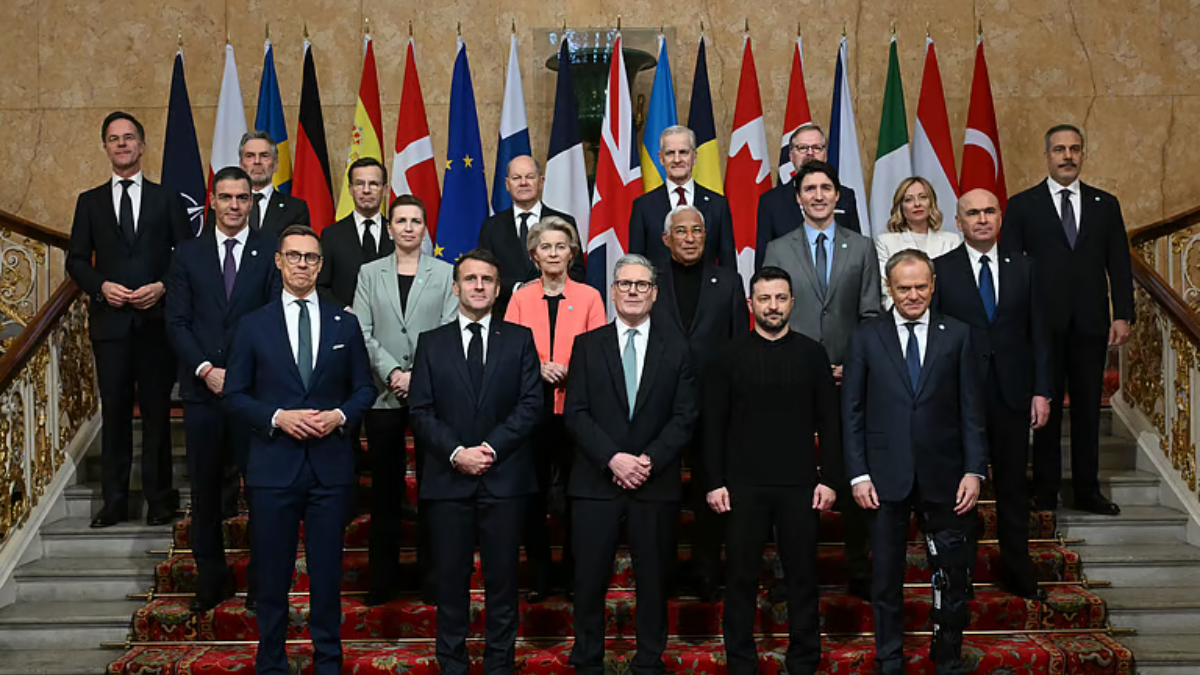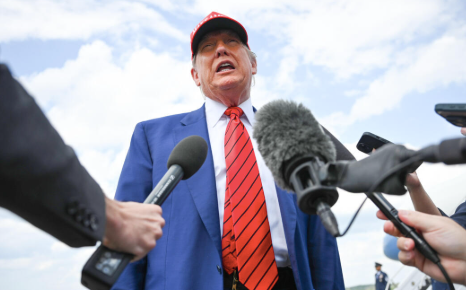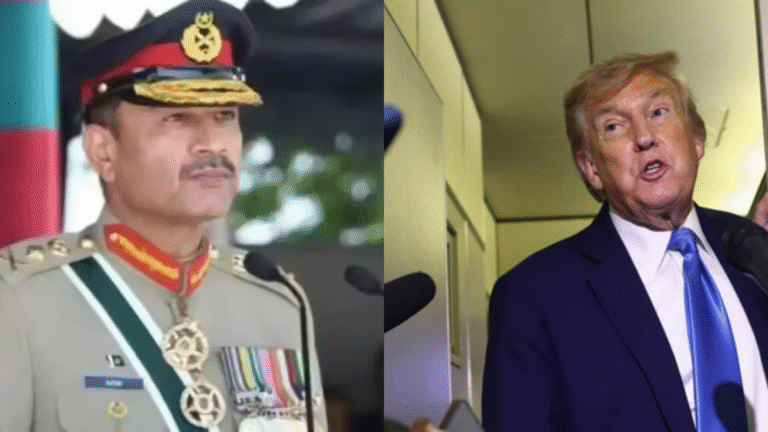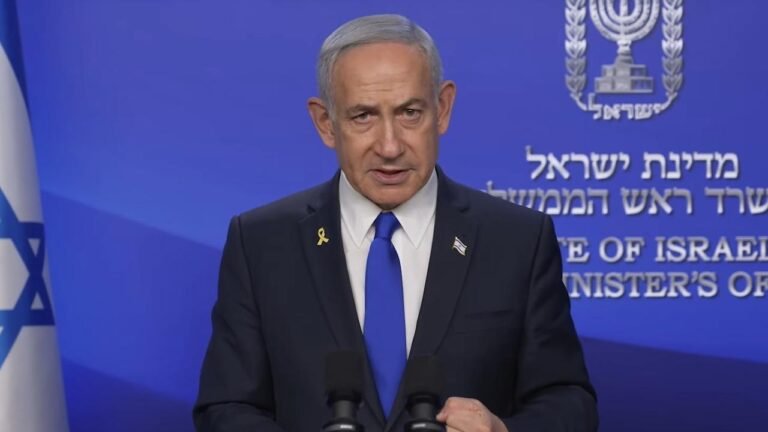
March 3, London: British Prime Minister Keir Starmer urged European leaders on Sunday to strengthen their borders and fully support Ukraine, outlining a plan aimed at ending Russia’s ongoing war. Speaking at a meeting with 18 European leaders, Starmer emphasized the need for collective action to address the crisis.
“Every nation must contribute in the best way it can, bringing different capabilities and support to the table, but all must take responsibility and step up their share of the burden,” Starmer stated.
His call for European nations to take greater responsibility for their security comes amid uncertainty over U.S. support for Ukraine. Two days prior, former U.S. President Donald Trump criticized Ukrainian President Volodymyr Zelenskyy during a live televised event at the White House, accusing him of insufficient gratitude for American aid. This incident raised concerns about the future of U.S. backing for Ukraine.
Starmer seized the opportunity to bridge the gap between Europe and the U.S. and to salvage a peace process that had shown promise before Friday’s diplomatic tensions. He revealed that he had collaborated with France and Ukraine on a plan to end the war, which had garnered agreement from the attending leaders on four key points:
- Sustained Aid and Economic Pressure: Continue providing aid to Kyiv and maintain economic pressure on Russia to strengthen Ukraine’s position.
- Ukraine’s Sovereignty and Security: Ensure Ukraine’s participation in any peace negotiations and guarantee its sovereignty and security in any agreement.
- Military Support: Continue arming Ukraine to deter future invasions.
- Coalition of the Willing: Establish a “coalition of the willing” to defend Ukraine and uphold peace.
Starmer stressed that while not all nations may contribute equally, those willing must act urgently. “The U.K. is prepared to back this with boots on the ground and planes in the air, together with others,” he declared.
However, the plan’s success remains uncertain, as it would require strong U.S. backing. Starmer did not specify the extent of U.S. involvement but noted ongoing “intense discussions” to secure a security guarantee from Washington. “If there is to be a deal, if there is to be a stopping of the fighting, then that agreement has to be defended because the worst of all outcomes is a temporary pause followed by renewed aggression from Putin,” he warned.
French President Emmanuel Macron, who attended the meeting, had earlier proposed a one-month truce involving air, sea, and energy infrastructure, with no immediate deployment of European troops. Macron emphasized the need to use this time to negotiate a lasting peace, followed by a potential troop deployment.
The urgency of the situation was underscored by recent diplomatic tensions. Europe has been on edge since Trump initiated direct talks with Russian President Vladimir Putin, who has been largely isolated by Western leaders since invading Ukraine three years ago. Trump’s recent remarks, including calling Zelenskyy a “dictator” and falsely claiming Ukraine started the war, further strained relations.
Despite these challenges, Starmer and Macron’s recent visits to the White House were seen as positive steps. Trump adopted a softer tone toward Ukraine during these meetings, though he stopped short of committing to U.S. security guarantees and reiterated that Europe should provide peacekeeping troops.
However, within hours of Starmer’s return from Washington, hopes for peace were dampened when Trump and Vice President JD Vance criticized Zelenskyy for challenging Trump’s assertion that Putin could be trusted.
During a press conference on Sunday, Keir Starmer rejected the notion that the U.S. was no longer a reliable ally. “There are no two countries as closely aligned as the U.K. and the U.S. Our defense, security, and intelligence are intertwined in a way no other countries are. The U.S. remains an important and reliable ally,” he affirmed.
Starmer also expressed distrust toward Putin but maintained confidence in Trump. Italian Prime Minister Giorgia Meloni, a strong supporter of Ukraine and a natural ally of Trump, expressed regret over the treatment of Zelenskyy in Washington. She emphasized the importance of European unity, stating, “Dividing the West would be disastrous for everyone.”
The meeting, held at Lancaster House near Buckingham Palace, included leaders from Germany, Denmark, Italy, the Netherlands, Norway, Poland, Spain, Canada, Finland, Sweden, the Czech Republic, and Romania. The Turkish Foreign Minister, NATO Secretary-General, and the presidents of the European Commission and European Council also attended.
Keir Starmer framed the challenge as a historic crossroads for Europe, calling it a “once-in-a-generation moment.” European Commission President Ursula von der Leyen announced plans to “rearm Europe” to address long-standing underinvestment in defense. She also stressed the need to provide Ukraine with security guarantees, describing the goal as turning Ukraine into a “steel porcupine” that would be “indigestible for potential invaders.”
In a significant commitment, Starmer pledged to increase U.K. military spending to 2.5% of GDP by 2027 and announced £1.6 billion ($2 billion) in export financing to supply Ukraine with 5,000 air defense missiles. Other European nations are expected to follow suit in bolstering their defense capabilities.
The meeting underscored Europe’s determination to support Ukraine and maintain unity in the face of evolving geopolitical challenges.
Get more News Headlines At Our Social Platforms And Do Follow.




